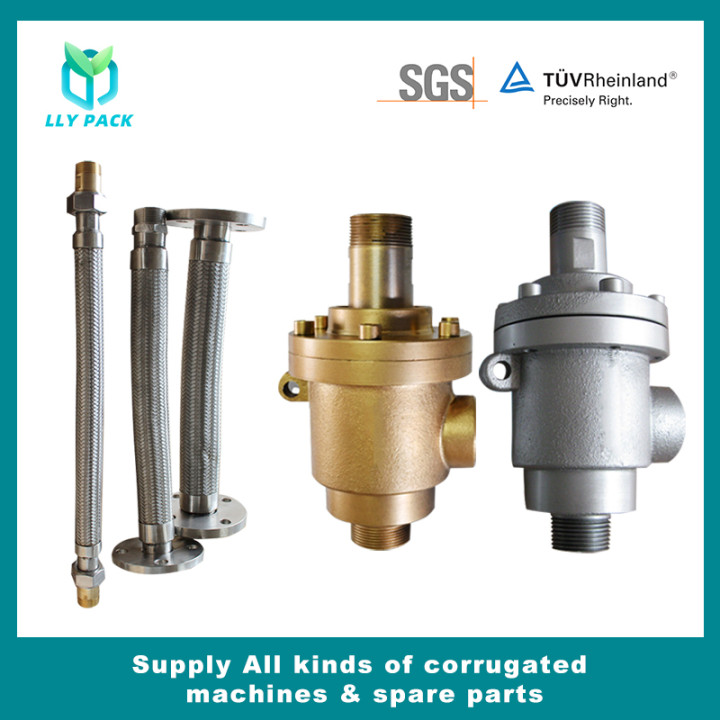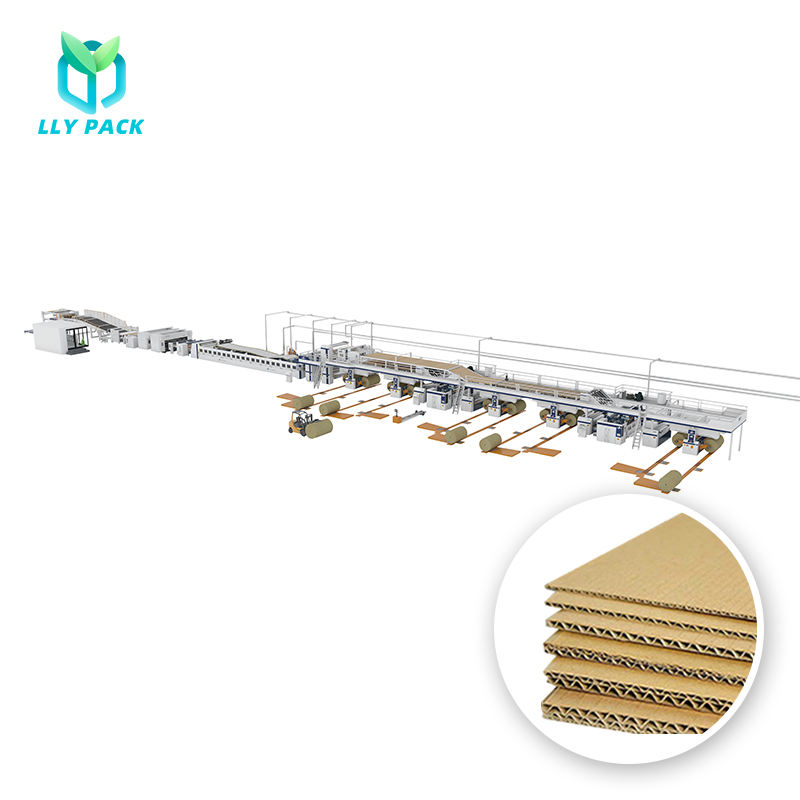EnglishEspañolPortuguêsDeutschहिंदी日本語ខ្មែរNederlandsالعربية한국어मराठीMalagasyItalianoPolskiSvenskaελληνικάPусскийภาษาไทยTürkShqipMagyarViệtSamoaМонголMaltiIndonesia FrançaisMelayuҚазақшаYorùbáবাঙালিעִברִיתGàidhligSomaliEesti keelKreyòl Ayisyennorskčeštinaفارسیతెలుగుမြန်မာBosanskiMaoriქართულიRomânăбеларускіУкраїнськаతమిళGaeilgeSuomalainenپښتوລາວհայերենSlovenščinaFilipinoO'zbekÍslenskaייִדישLatviešuGalegoFryskनेपालीKurdîCatalàбългарскиHawaiianHrvatskiਪੰਜਾਬੀWong JawaKiswahililëtzebuergeschisiXhosaEuskalSundaZuluગુજરાતીТоҷикӣ
- Casa
- Chi siamo
-
Elenco prodotti
- Linea ondulata
- Macchina ondulata >
-
Ricambi a macchina ondulata >
- Giunto rotante
- Pettine per il marcatore di scivolone
- Pastiglie dei freni
- Pompa diaframma per colla
- Stripper di carta scarica
- Chuck di espansione
- Tubo flessibile in metallo
- Mola
- Nastro per splicer
- Rullo ondulato
- Lama di taglio
- Cintura di trazione del ponte sopraelevato
- Ruota del sole
- Cintura del trasportatore
- Lama da taglio NC
- Trappola a vapore
- Cilindri pneumatici
- Freno pneumatico
- Air Bellow Spring
- Pompa a vuoto ad anello d'acqua
- Lubrificante a macchina ondulata
- Distanziatore di gomma
- Distanziatore placcato in titanio
- Flexo Stampter Slotter
- Macchina della stampante Flexo >
-
Parti di ricambio della stampante >
- piastra di rame
- PIASTRA DI STAMPARE
- Pompa Aro.
- Pennello in acciaio e ottone
- Filtro in inchiostro
- Doctor Blades.
- Copertura dell'antico
- Lama di slotting.
- Nastro in fibra
- Cornice sospesa
- PET PRESSIONE PET con film
- Cuscino di stampa r e bak
- Ruota di alimentazione
- Un modo portante
- Die board rotary.
- Pompa a diaframma singola
- Blocco finale con condotto a inchiostro
- Diaframma in gomma
- Valvola di Duckbill
- Freno della frizione magnetica
- Striscia di scanalatura sospesa
- Macchina da imballaggio >
- Macchina per cartone >
- Parti della macchina di cartone. >
- Cinture a doppia facciatura.
- Cucitura del sistema di incollaggio >
- Lama di taglio di cartone >
- Lama in acciaio di tungsteno >
- Mola
- Stripper di rifiuti
- Lama della macchina per imballaggio >
- Apparecchiatura pre-pressione >
-
Lama di taglio industriale >
- Lama da sega circolare di taglio delle piastrelle
- Lama della sega da taglio in metallo
- Lama segale da taglio in legno
- Lama segale da taglio del cibo
- Lama da taglio in fibra
- Blade di chipper
- Stampo pieghevole
- Lama per la macchina da taglio vegetale
- Lama sottile in acciaio
- Lama da stampo Tsukatani
- Lama da stampante
- Blade della macchina maschera
- Slitter Rewinder Blade
- Lama tmr
- Lama circolare del tabacco
- Roll Shear Blade
- Coltello dentellato per imballaggio
- Blade a fascia da taglio di carta
- Lame del dottore
- Lama rotonda
- Tre buche lama
- Lama ceramica
- Bastello a banda Blade per tessuto
- Bastello a banda Blade per spugna schiuma
- Bastello a banda per la scissione della macchina
- Lama del coltello a banda per carta
- Porta della lama
- Lama di taglio industriale
- Taglierina
- Smerigliatrice angolare
- Blade Shredder
- V Grooving Blade
- Forbici elettriche
- CNC Machine Blade & Tools
- Lama di trasformazione alimentare
- Notizia
- video
- Contatti
- Invia domanda











